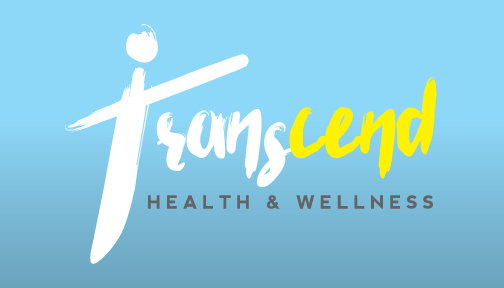Occasional anxiety is a normal part of life. You might feel anxious when faced with a problem at work, before taking a test, or making an important decision. But anxiety disorders involve more than temporary worry or fear. According to the National Institute of Mental Health, anxiety disorders are present in up to 13.3% of individuals in the U.S. and constitute the most prevalent subgroup of mental and emotional challenges.
For you, does the anxiety not go away and or seem to get worse over time? Do the feelings interfere with your daily activities such as job performance, school work, and relationships? If so, you may be experiencing an anxiety disorder. There are several different types of anxiety disorders, but a simple definition of Generalized Anxiety Disorder is:
Medication does not cure anxiety disorders but can relieve symptoms. Medication can only be prescribed by a medical doctor (such as a psychiatrist or a primary care provider). Medications are sometimes used as the initial treatment of an anxiety disorder, or are used if there is insufficient response to a course of psychotherapy. However, dependence on these medications is common, and alternative treatments and approaches are often necessary to fully identify and relieve the source of anxiety in a sustainable way.
In clinical practice it is not unusual to find the coexistence of two or more diagnosable conditions in the same patient or at least symptomatic overlap—this is particularly true between different anxiety disorders, depression, and alcohol and drug abuse. In other words, these conditions often go hand in hand, and require a dedicated, safe, and holistic approach in order to experience lasting relief.
